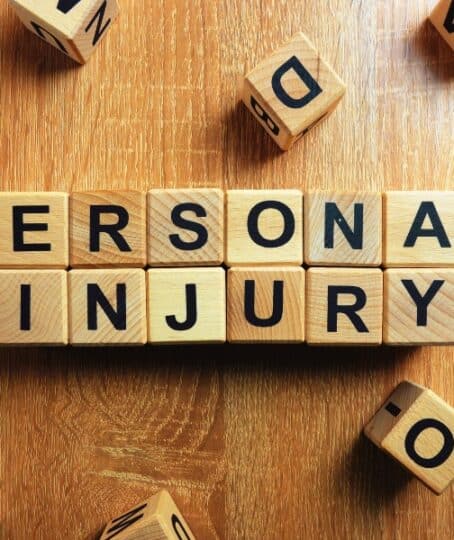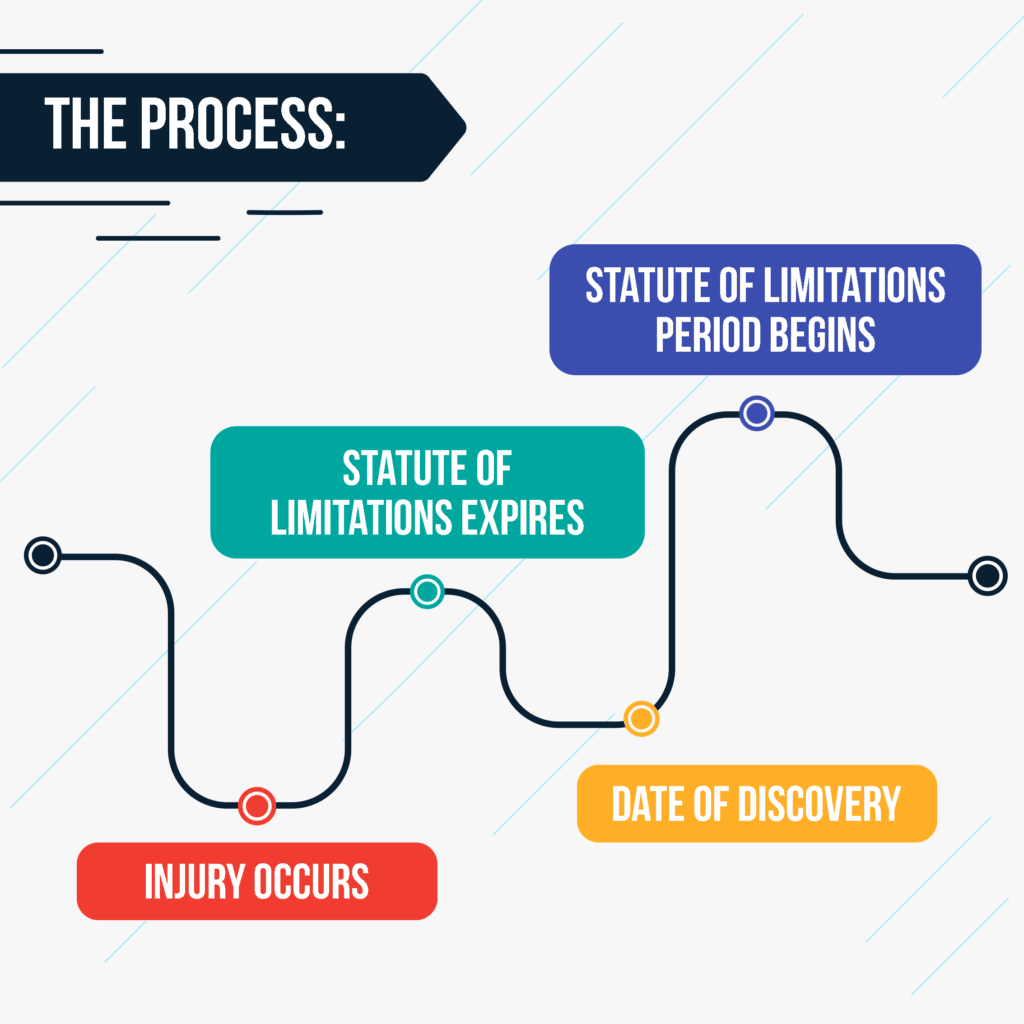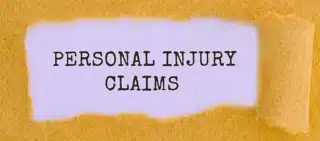
When a Dog Attacks Again and Again If dogs attack once, it’s alarming. When they attack five times, it’s no...


If you have been injured in an accident, you may want to know – how long do you have to sue someone for personal injury in Illinois? You generally have two years to sue someone for personal injury in Illinois. The two-year deadline usually starts to count on the date of the incident that caused your injury. This deadline for initiating a personal injury case in Illinois is called a statute of limitations. In some injury cases, this deadline might commence from the date you became aware, or you should have been reasonably aware of your injury. This date is referred to as the discovery date.

The Illinois General Assembly clearly outlines the standard deadline for personal injury cases. They require you to bring a personal injury lawsuit within two years from the date of the event that led to your injury. This two-year deadline applies to most personal injury lawsuits. Certain legal doctrines may change the two-year deadline for some injury cases, as discussed in the sections below.
Personal injury claims arising from medical malpractice have a different statute of limitations. While there is a two-year time limit for these claims, the time limit starts to run on the date when you:
A statute of repose exists for some Illinois personal injury cases. Like statutes of limitations, statutes of repose impose deadlines for initiating injury lawsuits. However, a statute of repose may sometimes run out while the statute of limitations is still active.
Product liability cases, for instance, have a 10-year statute of repose. This deadline may start on the day you bought the vehicle. If you suffer an injury due to a vehicle defect when the vehicle is 11 years old, you will have two years to file an injury claim as per Illinois statute of limitations for personal injury. The statute of repose, however, would be long expired.
Illinois personal injury statute of repose is four years from the date of the event that caused the injury or fatality. Even if you do not discover the injury until five years after the event, you may be barred from filing a claim due to the statute of repose.
Illinois Courts and Legislature have created legal concepts that pause, or toll, the statute of limitations for personal injury in certain circumstances. These legal concepts include:
This legal concept bars the two-year statute of limitations from starting until the date when a plaintiff recognizes or should have recognized the injury by exercising reasonable diligence. This rule protects you in a situation where you cannot recognize your injury until the filing deadline has passed.
The filing deadline might be tolled if the plaintiff is under a legal disability. The deadline will resume after the removal of the legal disability. A child under the age of 18, for instance, cannot bring an injury lawsuit. The filing deadline will start running when the child turns 18 rather than from the date of the injury.
A mental disability can also toll the filing deadline. If your accident results in a coma, for instance, the law considers you disabled. You will not lose your eligibility to pursue damages if the standard filing deadline elapses under this circumstance.
The person liable for your injuries may move out of the state of Illinois before you file a lawsuit. In this case, Illinois law states that the duration of absence will not be part of the two-year deadline.
As mentioned earlier, the discovery rule is a legal doctrine that allows you to initiate a personal injury action after the standard statute of limitation has expired. This legal doctrine presumes that you may sometimes be unaware of the injury you have sustained.

This doctrine pauses the statute of limitations for personal injury until you become aware of the injury. The statute of limitations then starts running from that date of discovery.
The Discovery Rule is common in workers’ comp and medical malpractice cases. You must prove to the court that you did not recognize the injury you sustained until later for this rule to apply in your case. You must also prove that the conditions that prevented you from recognizing your injury were reasonable.
The filing deadline is one of the factors that can significantly affect your chances of winning a personal injury case. If you initiate a personal injury lawsuit after the expiration of the two-year deadline, the defendant will likely request that the court dismiss your case based on the statute of limitations for personal injury.
The court will almost certainly grant the defendant’s request if no exception qualifies you for additional time. In this case, you will lose your right to seek compensation for your injuries through a civil proceeding.
The Illinois personal injury filing deadline also applies to settlement negotiations you may enter into before filing a lawsuit. The other side may even refuse to engage in settlement negotiations if it’s aware the two-year time limit has passed.
Each personal injury case is unique, and each case takes a different length of time to resolve. Some can resolve in a few months. Other injury cases may go through all the steps in a personal injury case, taking a few years to resolve.
Liability can significantly impact the timeline of a personal injury claim or lawsuit. Cases with clear liability might resolve more quickly than those that require further investigations to establish liability.
The nature and severity of your injury may impact the length of your injury claim. Minor injuries involving less money resolve faster than more serious, high-value claims. Surgery or more intensive treatment procedures tends to lengthen the recovery process. A longer recovery process may translate to a longer injury case.
The procedures employed by an insurance company can also affect the duration of a claim. Some insurance companies settle claims quickly. Other companies prefer to go to trial rather than negotiate a settlement.

The decision to seek legal advice and representation may also impact the length of your injury case. If you handle the claim on your own, you may make blunders that delay the progress of your case. A personal injury lawyer will take steps that will fast-track your claims process without jeopardizing its resolution. The lawyer will, for instance, file your injury case on time, involve the right investigators, and negotiate competently with the insurer.

When a Dog Attacks Again and Again If dogs attack once, it’s alarming. When they attack five times, it’s no...

Overview of the Personal Injury Claim Process in Illinois No one expects to suffer an injury or get involved in...

Exploring Caps on Damages in Illinois Personal Injury Cases Illinois does not have laws capping damages in successful personal injury...